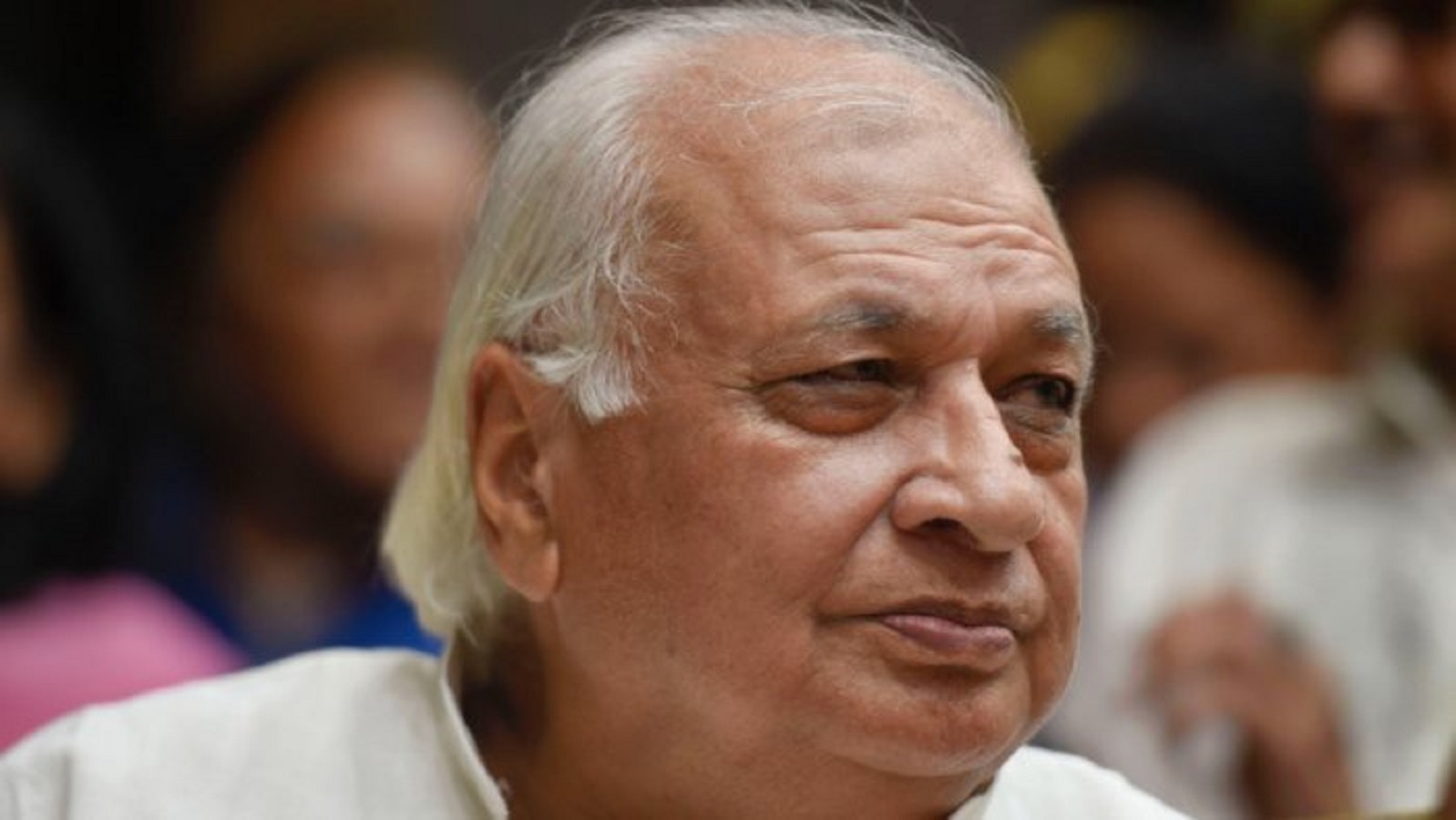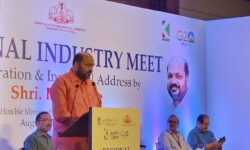
KOZHIKODE:
Women entrepreneurship in the country presents such a complex conundrum that it requires tackling issues of not only funding but also gender, family, social and health concerns, said Subroto Bagchi, Chairman, Odisha Skill Development Authority.
Moderating a panel discussion on ‘Innovative Financial Solutions for Sustainable Entrepreneurship Social Business Ventures: Modes of Unfettered, Accessible Funding’ on the opening day of the 2nd edition of International Conference on Gender Equality (ICGE) here, Bagchi also voiced concern over the decline in workforce participation of women.
“The complexities multiply at each stage and leave you paralysed trying to get over them,” said Bagchi, an entrepreneur and a member of the Governing Council of the Software Technology Parks of India.
The workforce participation of women is dropping and is at a meagre 20 per cent now from the earlier 30 per cent in a nation where it is presumed that 50 per cent are women. Fall in workforce participation does affect entrepreneurship as there is a correlation between workforce participation and entrepreneurship, he noted.
Bagchi lamented that even a woman entrepreneur in rural India does not get absolved of doing her household chores. Also, women’s workforce participation decline can be largely due to their concerns about safety.
At the helm of Odisha Skill Development Authority for the last five years, Bagchi said the Authority had introduced a concept called Nano Unicorns where budding entrepreneurs are identified, encouraged and trained to start businesses on a low capital of Rs 1 lakh which is given as loan without collateral.
Taking part in the panel discussion, Subhalakshmi Nandi, Senior Programme Officer, Bill and Melinda Gates Foundation said: “There are two or three ideas that we have been toying with to support women in sustainable entrepreneurship.”
“One is really looking at learning from the past of what can group-based approaches really offer these women, who are from low-income households. Like the work we have seen in Kudumbashree in Kerala, we find that group-based approaches operate on two principles, which become very critical to address many of the challenges. Based on the principles, a poor woman can pool resources and can share the risks equally. Then their chances of success in entrepreneurship are higher,” she said.
“Second, how are we looking at both institutional credit and financial sector roles in supporting the entrepreneurship. Whether the package of financial services and products are generated in women’s name or not is the real question. Intentional policies from financial sector and government will be more helpful for women entrepreneurship.”
She added that the third thing is the gender constraint that women are facing in setting up and building her business.
Dr Tara Nair, Professor, Gujarat Institute of Development Research, said that in social businesses, social impact also need to be considered to prevent exploitation of natural resources.
C. Balagopal, Senior Advisor, Terumo Penpol Ltd., said that despite the availability of so many sources of funds in India, those who need it are not getting them.
Ullas Marar, Interim Head, Women’s Economic Empowerment Project, GIZ India, spoke about the projects and schemes being implemented by the organisation.
The three-day conference, held in The Gender Park campus abiding by the COVID-19 protocol, will conclude on February 13.




